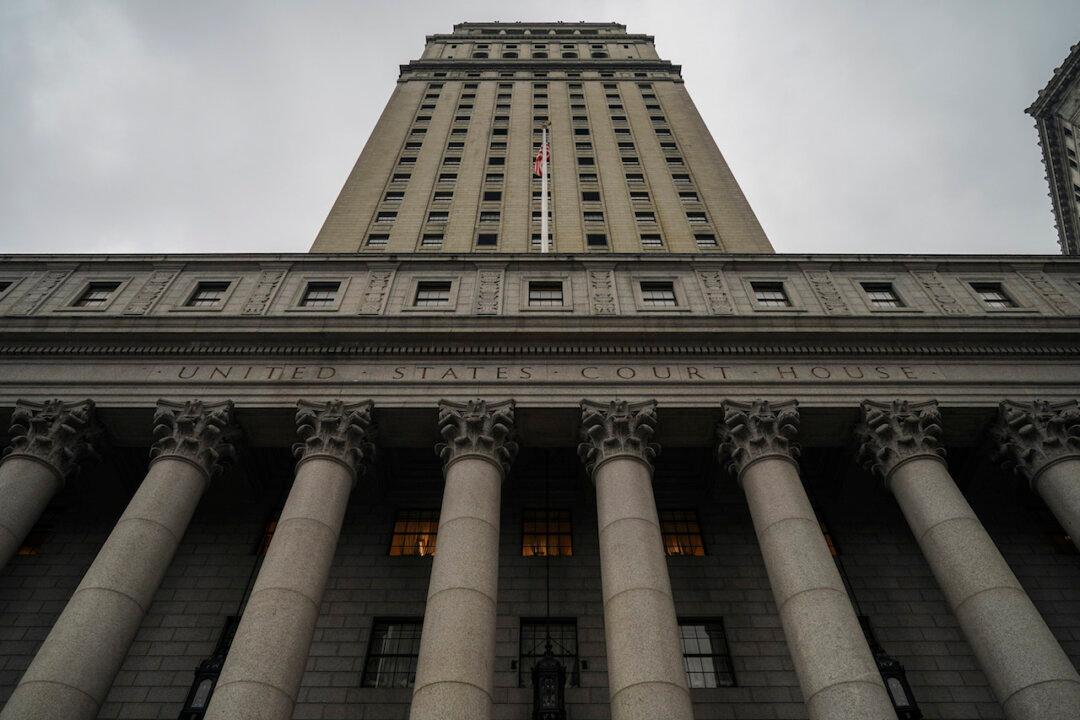A federal appeals court ruled on Wednesday that the Trump administration can withhold funding to states who do not assist with federal immigration policies, handing the Trump administration a victory in the sanctuary cities-related case.
A three-panel judge of the U.S. Court of Appeals of the 2nd Circuit overturned a lower court decision that ordered the Justice Department (DOJ) to release the funds held under department policy. The lower court ruled the department lacked the authority to impose several immigration-related conditions on a federal grant program, known as the Edward Byrne Memorial Justice Assistance Grant Program (or the Byrne JAG).




